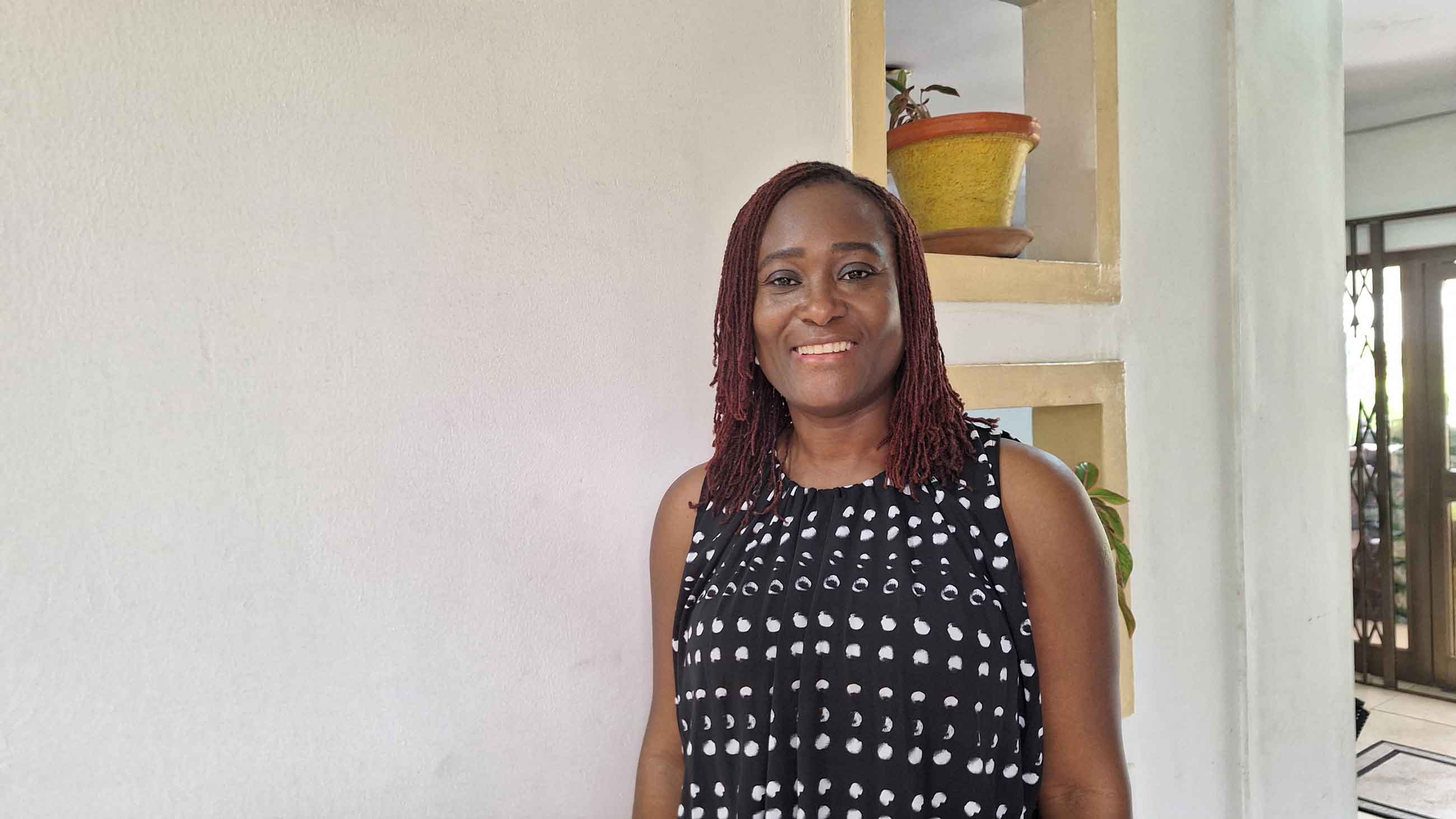In the face of a global challenge to feed 7 billion people, the United Nations' Sustainable Development Goal 2, ZERO HUNGER, calls for sustainable practices to produce more food and curb food losses. Ghana, particularly, grapples with food insecurity which affects 11.7% of its population, implying a food-insecure population of 3.6 million people by 2029 (RELIEFWEB, 2023).
To feed this insecure population, Ghana can produce more food and/or mitigate food loss and waste. Approximately 3.2 million tons of food is either lost or wasted along the supply chain in Ghana, costing about 762.32 billion in Ghana cedis. This challenge is further compounded by the fact that half of the population is either partially or severely food insecure. By way of solutions, Ghana is turning to increasing food production and mitigating food loss and waste.
To support these efforts, DARAP has taken a significant step by commissioning a ground-breaking synthesis report titled "Controlling Food Loss and Food Waste through Resilient Sustainable Protection, Storage, and Preservation Systems." The main objective of this report is to identify sources of food losses and waste along agri-food systems, document the successes and shortfalls of previously implemented mitigation strategies, and provide new approaches to limit food loss and waste in Ghana.
Dr. Freda Asem, an expert from the Department of Agricultural Economics and Agribusiness at the University of Ghana and principal investigator of the study, emphasized the importance of addressing food loss and waste in Ghana. "Food loss and waste are areas Ghana should and can take action on to help preserve and redirect food to those in need. This study will seek to propel the government and relevant stakeholders to act by identifying and quantifying the amount of food lost from farm to fork."
The synthesis report on "Controlling Food Loss and Food Waste through Resilient Sustainable Protection, Storage, and Preservation Systems" aims to offer an integrated view of the subject of food loss and waste in Ghana. The recommendations derived will be beneficial for policymaking processes, supporting DARAP's third objective to utilize the data repository and existing research outputs to create new knowledge products as input for policy advocacy and influence.


